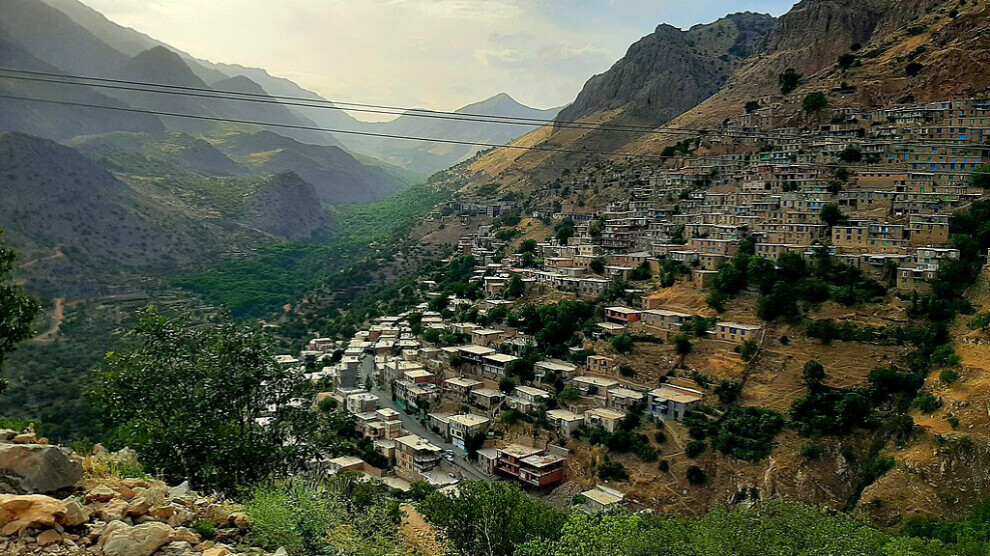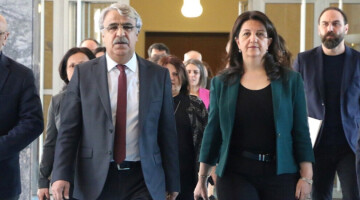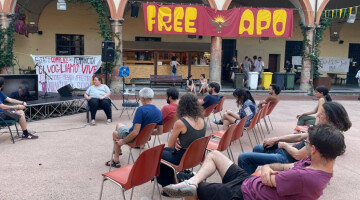For some time now, a campaign has been underway in southern Kurdistan (northern Iraq) for the implementation of Hawrami as official language of education in the areas where it is spoken. The Kurdistan National Congress (KNK) supports the project initiated by civil society, intellectuals and the population and has called on the regional parliament in Hewlêr (Erbil) to act on the request. Especially in view of widespread attacks of the prevailing policies in the nation-states, which deprive Kurds of their rights and deprive them of their existence, culture and identity, the protection of Kurdish languages is of substantial importance, said the KNK Commission for Language, Culture and Education.
Hawrami or Hewramî is the most important dialect of the Kurdish language Gorani (Gûranî) and is spoken primarily in the Hawraman region of the same name, which consists of the mountainous country between the Halabja-Mariwan-Pawe triangle in the border area between eastern and southern Kurdistan. Hawraman is considered the center of Gorani culture as well as the intersection of heterodox and orthodox Islam in Kurdistan. The language of the region is historically an important literary language and the first of the Kurdish varieties ever to be written. During the 19th century, however, the Gorani dialects were displaced from large parts of its linguistic territory by Sorani. Today, these varieties are spoken by only about 500,000 people in eastern and southern Kurdistan. The religious community of the Ahl-e Haqq (also Kakai or Yaresan) uses Gorani as its written language.
"The push of the civil society of South Kurdistan to make Hawrami a language of education is a dignified step that we as KNK bow down to with respect. It is a justified demand that we endorse," the Kurdistan National Congress said.
The KNK statement said that they had recently sent a letter to the Ministry of Education of the autonomous Kurdistan Region of Iraq (KRI), urging the department to answer the demand.
"We bear hope that Hawrami will be included as a language of instruction already in the upcoming educational year. At the same time, we advocate campaigns to preserve other Kurdish languages, such as Kirmanckî and Kelhurî."















